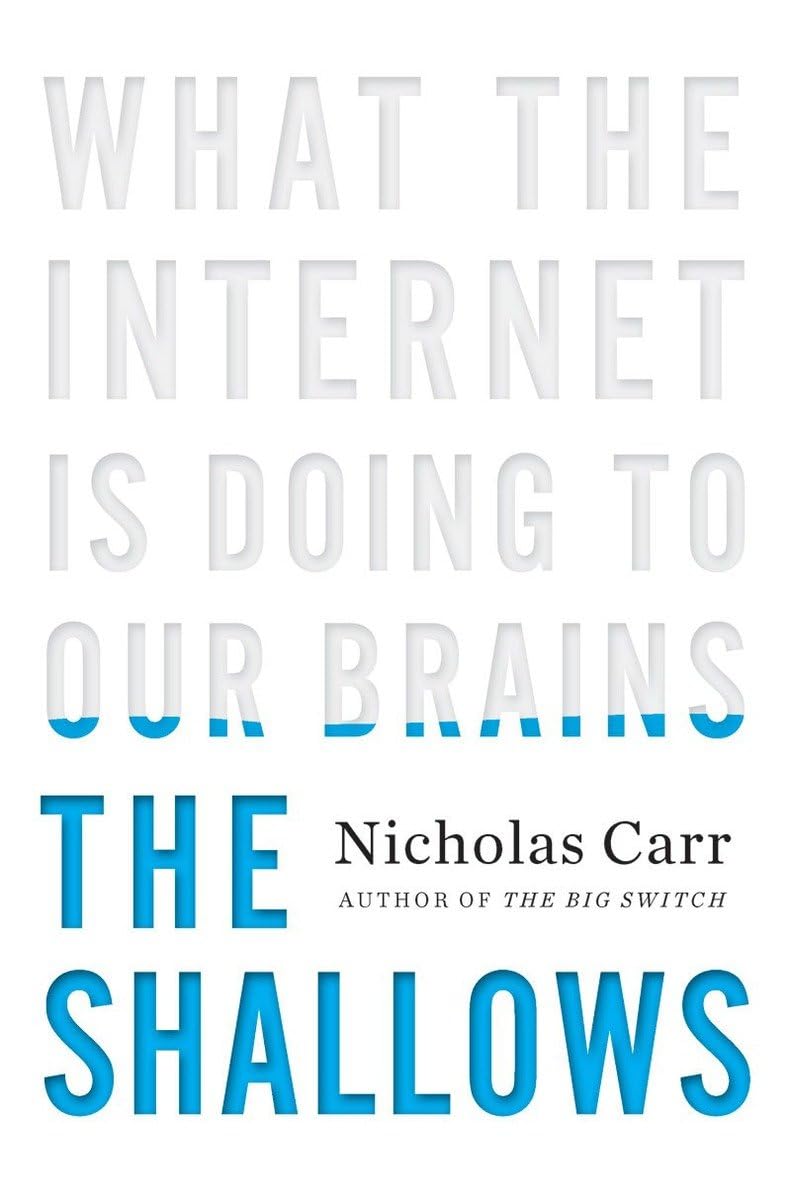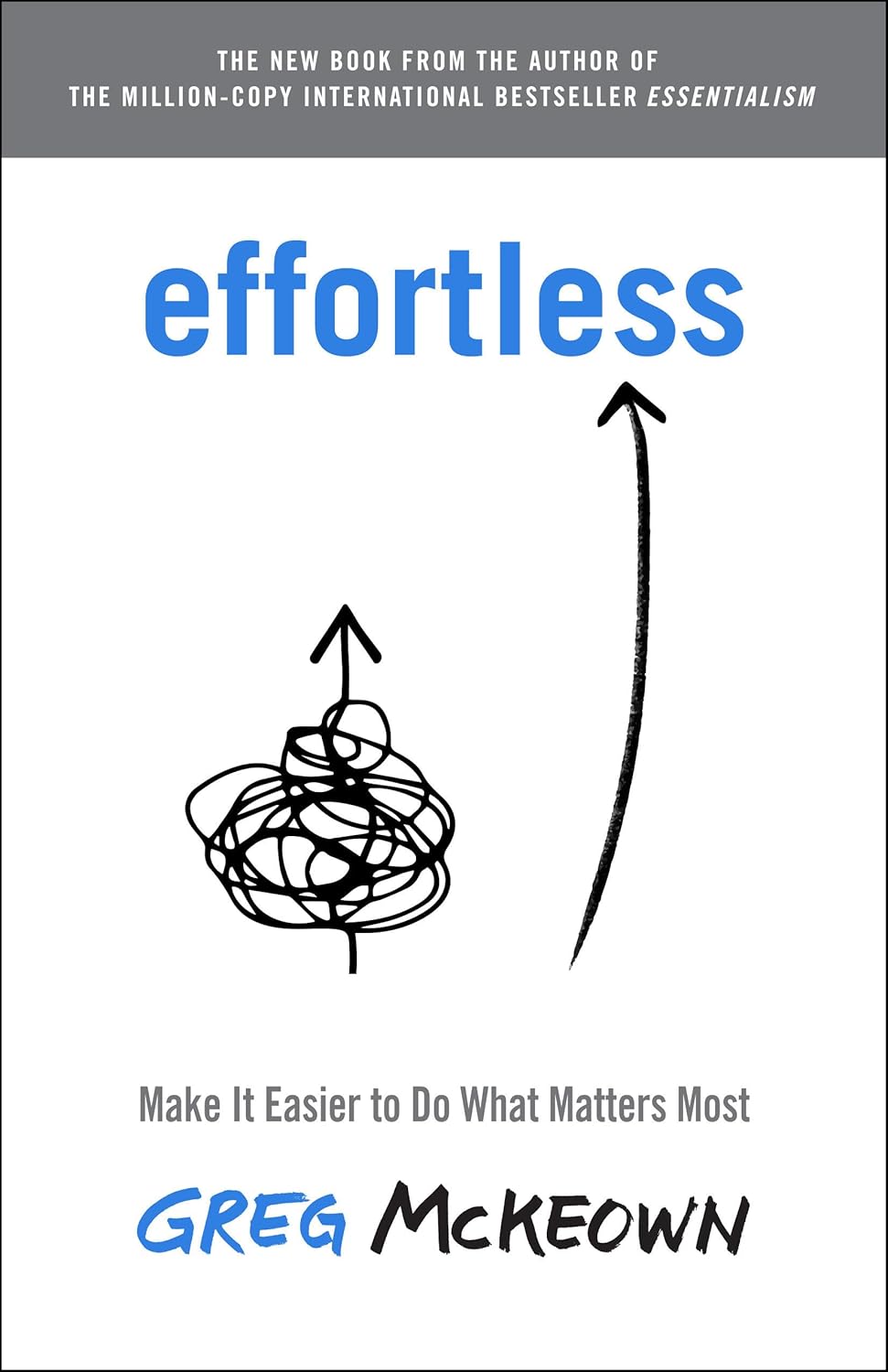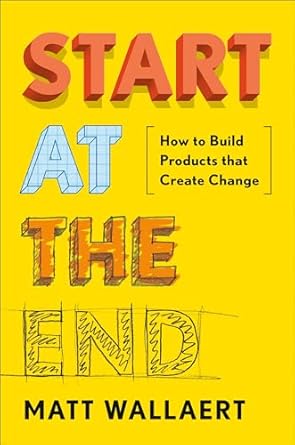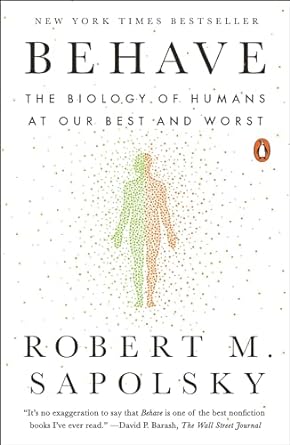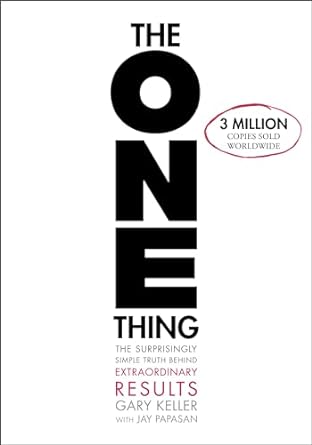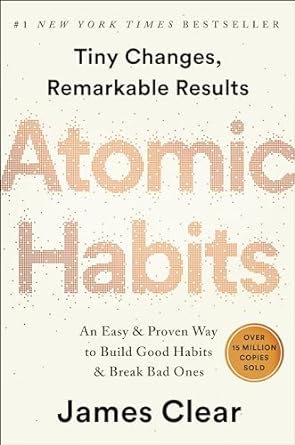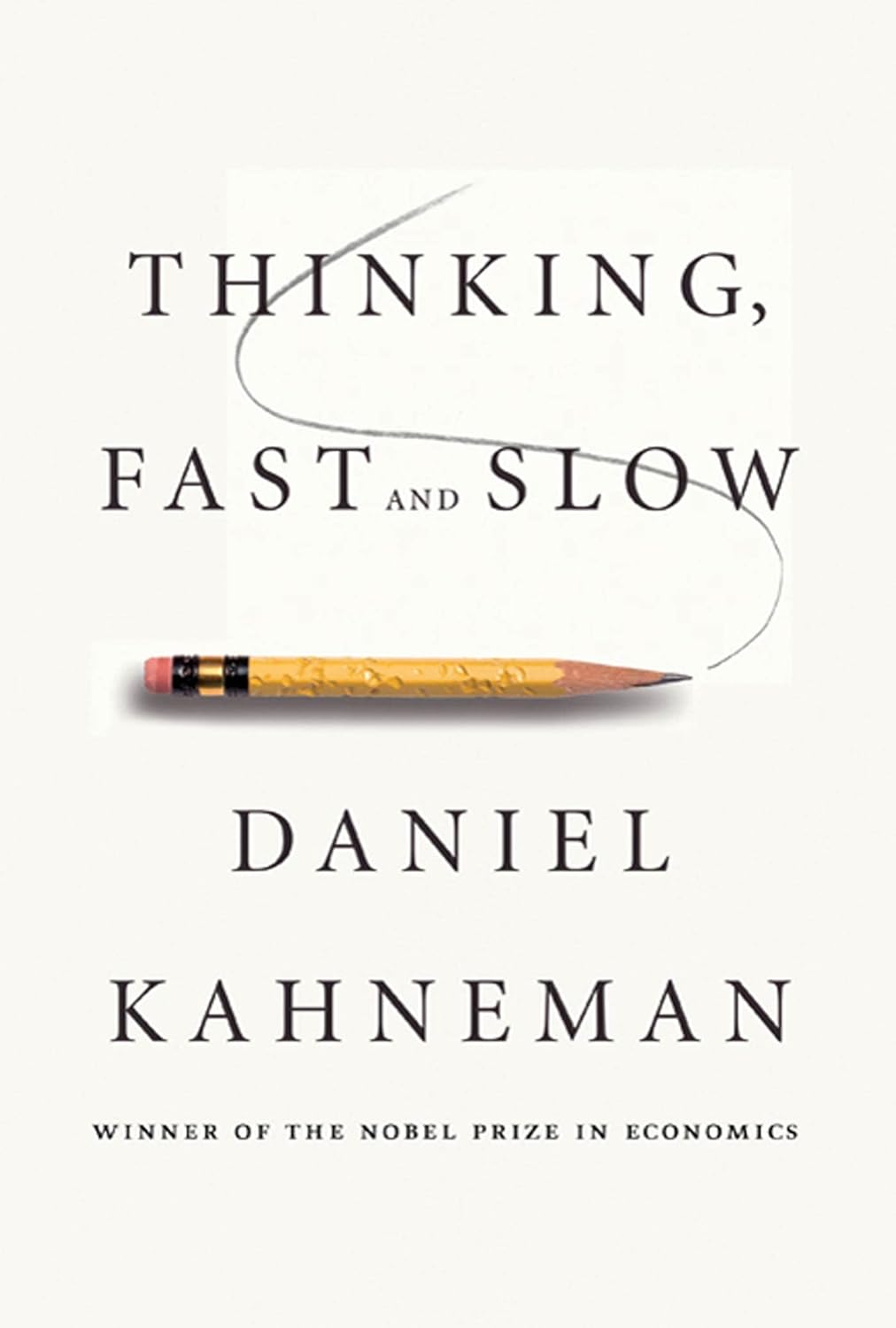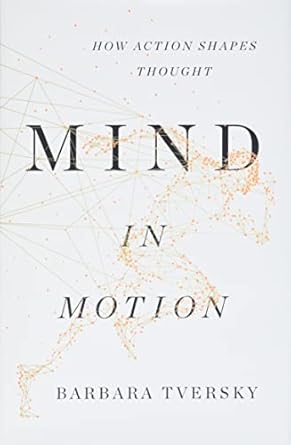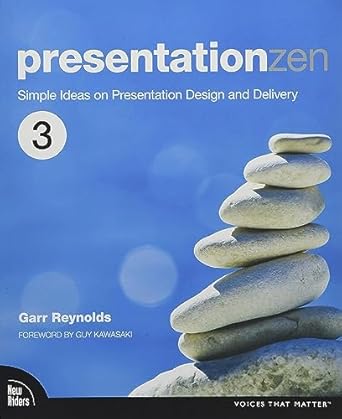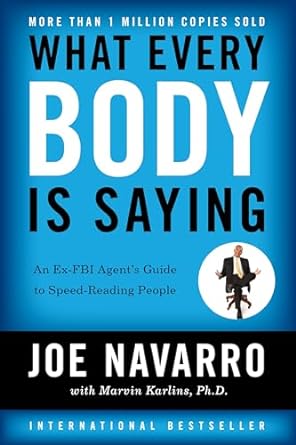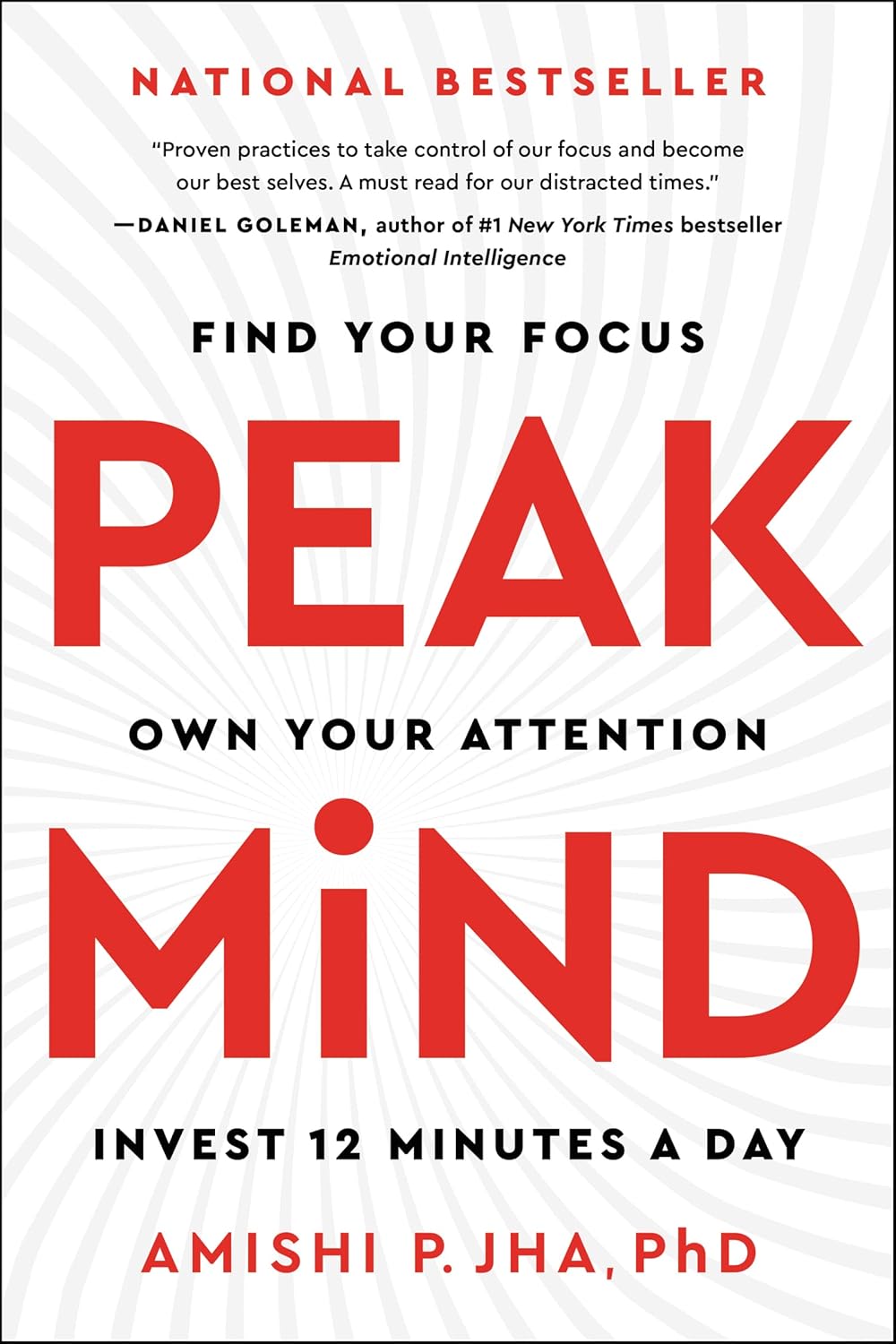Cognitive Load
The amount of information flowing into our working memory at any given moment.
Key Insights & Principles
Decision Making
Insights:- Complexity increases cognitive load.
- Cognitive load increases the likelihood of errors in decision making.
- High cognitive load makes people more likely to accept default options.
- Do not try to remember too much: make a checklist or cheat sheet to reduce cognitive load.
- Simplify.
Personal Growth & Productivity
Insights:- Multitasking significantly increases cognitive load.
- High cognitive load inhibits our ability to learn and retain new information.
- High cognitive load amplifies distractions.
- Habits reduce cognitive load, as they are acts of the non-conscious mind, freeing up mental capacity for other tasks.
- Build habits.
- Focus on one thing at a time.

